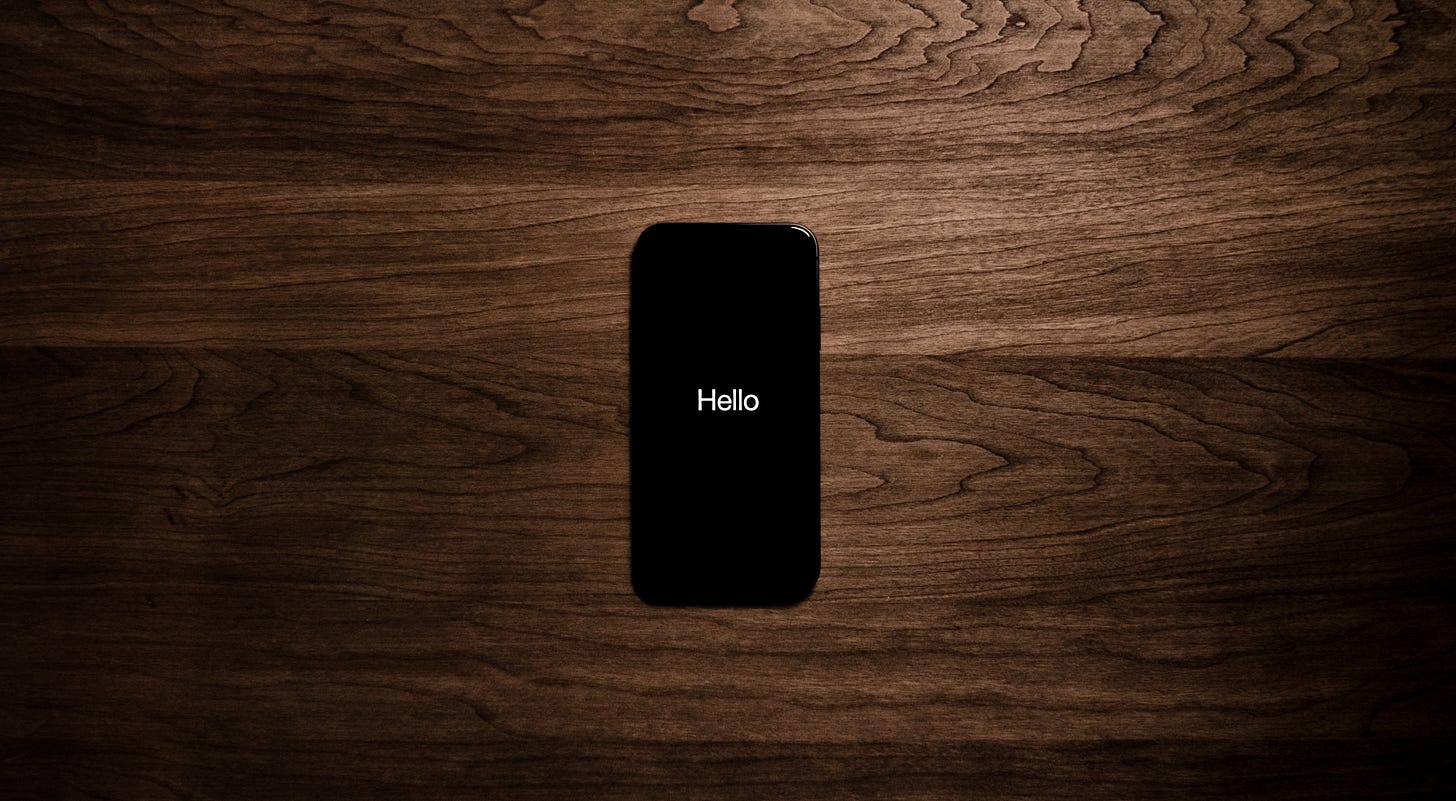you are more than your career

Hi. It’s been a while, hasn’t it? I’ve been off pondering things. Something about my career changed after I had a kid and I’ve been trying to figure out what it was ever since. It’s easy to say that I have something I care about more now, blah, blah, blah and that’s true, but that’s not *it*. Somehow I’m simultaneously less wrapped up in my job and more into it. What?
I’ve tried reasoning this out before when I wrote about career satisfaction, but I don’t think I nailed it. I got a little closer writing about how to have a perfect day. The big mystery remains though. I like my job more, but I care less. How can this be possible?
As a career counselor, it’s probably not surprising that I believe that work is an insanely important part of a person’s life. It’s not just me though. In a BBC article, HBS professor Teresa Amabile talked about her research on retirement and how people often still identify with their occupation even after they’re no longer working.
One of the most revealing parts of the research came when they asked retirees how they described themselves.
"They will usually say, 'I'm a retired librarian' or 'I'm a retired educator' or 'I'm a retired research chemist'. They will still have that profession tacked onto who they are," says Prof. Amabile.
"Some will deny being retired which is very interesting, they will say what their profession is even though they're not working in that profession any more.
So, yes, your career is important. The article goes on to talk about how many people struggle with retirement, partially because they struggle with who they are without their work.
There’s a few things to take away from this, but for me, the most salient idea is the need to be defined by more than your work. You’re setting yourself up for an existential crisis if you’re asking your occupation to give you your entire identity.
Side note: You’re also screwing over your team. Yup, if you’re a manager, you need to have a lot more going on than your job for the sake of your staff if not yourself. Take it from someone who works in higher education… the toxic culture of academia comes from the people with power being obsessed with their careers. When your life’s meaning is coming from your work and you assume others derive the same kind of meaning from their work, you’re going to ask a lot of your team—probably more than is appropriate.
Diversifying the things that are truly important to me in my life beyond just my job has made me expect a lot less of it. This is a lot harder to do than it sounds. It requires finding different communities to be a part of so you’re not consumed by the one that you spend the most time with and also happens to give you a salary which allows you to pay for food and whatnot. I mean, you can see why that one has a certain appeal to it. So much of a person’s life is tied to work that many people even fall into the the trap of thinking of work as family.
I obviously do not think you need to have a kid to reach this epiphany. (I’ve given it to you right here in this newsletter. :D) But for me, my life was so fundamentally shaken up my this bitty blob of a human, I was finally able to break free and notice that pumping more and more attention and focus and hours into my work wasn’t actually doing it for me. Becoming a parent made me feel like Harry Potter discovering the wizarding world for the first time. All these parents have been walking around in plain sight and I never noticed (!!!) and now I’m one of them and get to go to exclusive places like… daycares. See? Just like Harry.
Okay, bad metaphor, but the point is that it was having another big and equally important identity outside of my work that made me appreciate my job for what it was. And, to be honest, I stumbled into it. I did not do the hard work of cultivating a new community of writers or runners or knitter etc etc for myself. I had a kid and got an automatic lifetime membership. Either way though, the result was that I no longer expect my work to do it all for me. It reminds me a bit of the research on all-or-nothing marriages, actually. When you want everything from your partner, you’re setting them up to fail and yourself up to be disappointed.
So, I guess what I’m saying is to enjoy your job more, you need to cultivate other things in your life that also bring you joy, which will ultimately help you care about your career less… which is a good thing. Is that what I’m saying? That can’t be what I’m saying. What kind of career counselor says that?
The kind that will be a career counselor for a long time (hopefully) while also doing a bunch of other stuff. The happy kind, I suppose.
interesting reads
cool jobs
Substack, the platform that powers this newsletter and many others, is hiring a writer recruiter to find even more people to write!
Wellesley’s innovative career office is seeking a program director for internships to manage and coordinate all their internship programs.
